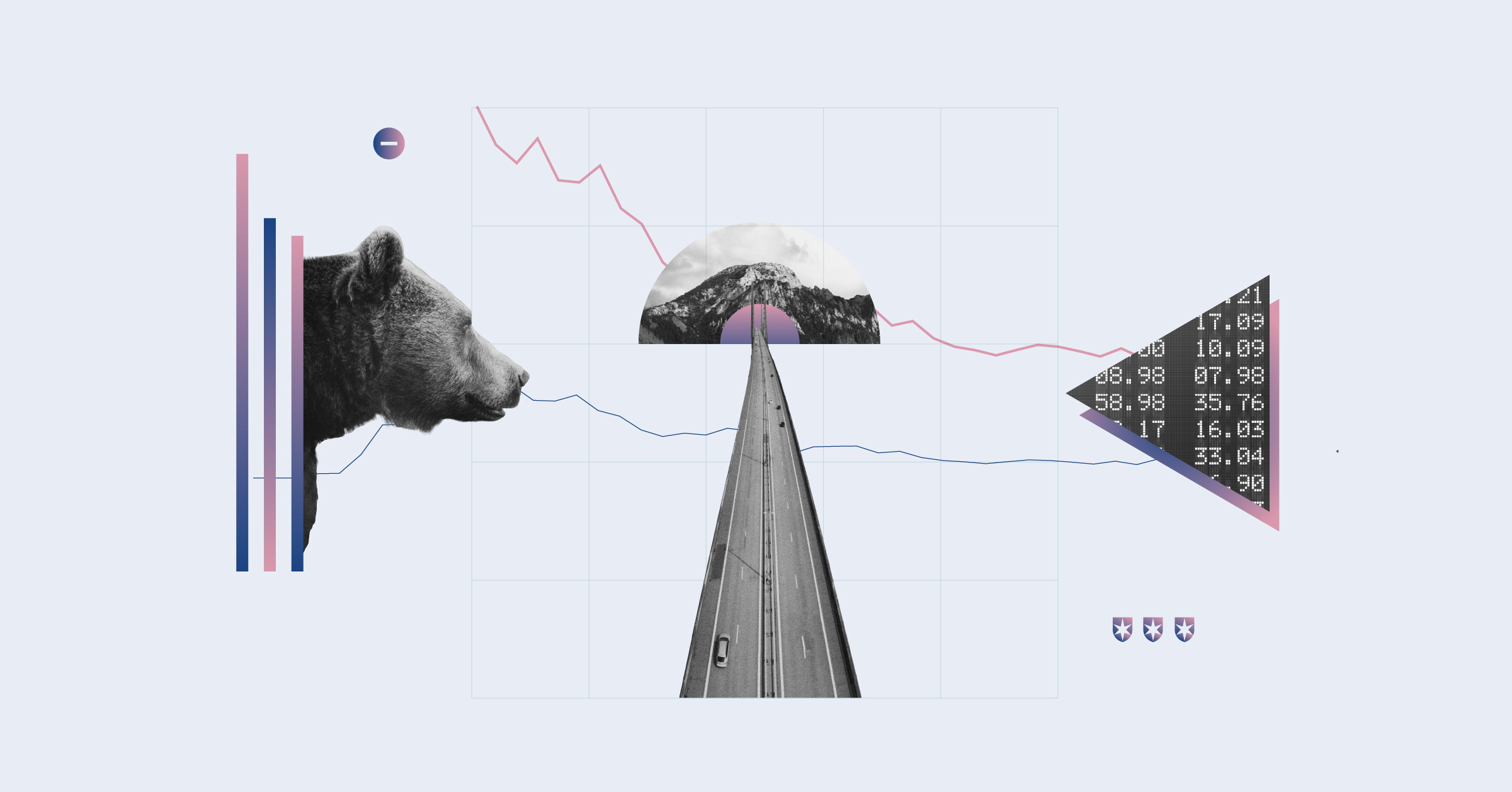Ruth Saldanha: With on again off again the U.S.-China trade tensions and inverted yield curve, slowing global economic growth and uncertainty around interest rate movements. Markets have seen a fair amount of volatility over the past few weeks. In response, Franklin Templeton is underweight equities and overweight fixed income. To tell us more about his strategy. Mike Greenberg of Franklin Templeton is here with us today.
Mike, thank you so much for being here today.
Michael Greenberg: That's great to be here.
Saldanha: So, with so many global risks right now, what should Canadian investors focus on from a global standpoint?
Greenberg: Yeah, I mean, definitely, from a domestic standpoint, things look okay. So, I think it is important to look outside of our borders to see what could the risks be on the horizon? I think for us, it's really looking at the global manufacturing, the global industrial production cycle, and to see how that might affect an open economy like Canada. So of course, we've had tensions because of trade wars and tariffs and whatnot, which has definitely crimped the manufacturing cycle. And when you look at that, on its own, that tends to be a smaller part of the global economy, it tends to be a smaller part of the Canadian economy. But it does have the risk of infecting corporations, corporate profits, corporate margins, and eventually can hit the consumer, which to this point has stood up fairly well.
So, I think for us, we're actually pretty comfortable with the domestic economy in North America, we're much more focused on how this slowdown in industrial production. How this slowdown in manufacturing, partially because of tariffs and trade wars kind of plays out. And if it continues to deteriorate long enough, if the uncertainty continues to remain high long enough, we are getting a little bit worried that that's going to start to crimp business sentiment, consumer sentiment. And then of course, we have those follow-on effects that make recessions potentially a little bit more probable than they were even 6 to 12 months ago.
Saldanha: Your portfolio managers right now are not in maximum defensive mode. What do you think might potentially push them into that?
Greenberg: Well, for us, it's, it's really going back to that third leg of the stool, the consumer falling down or breaking. At this point, they're healthy, and partially because we have a very strong jobs market in Canada and in the U.S. So as long as people are employed, seeing some sort of wage growth, that typically is going to be a good environment for the consumer. Now, as we talked about earlier, if these global macro forces continue to be headwinds for, for companies, at some point, they're going to continue to slow down or not invest, they're going to start to cut costs, potentially layoff people, and then we'll start to see consumer sentiment, business sentiment curtail. And that can start to affect things like sales, home prices, et cetera. And that's when I think we get a little bit more worried that this rough patch slowdown that we're experiencing right now becomes something a little bit more severe, like a recession. So, if that becomes our base case, which it's not, but if that becomes our base case, if that third leg of the stool starts to really suffer, we would look to get even more defensive in our portfolios than we are today.
Saldanha: So finally, over the short to medium term, how are you planning to play the markets?
Greenberg: Well, right now, as I mentioned, you know, we're a little bit more conservative. So, we're preferring to potentially perform a little bit better in down markets than fully capture the upside of markets if markets do rise. So, we are underweight equities within our portfolio to be overweight fixed income, within our fixed income portfolios, we have been adding back to duration at the margin, and reducing credit at the margin just to have a little bit higher quality within our fixed income parts of our portfolio. Within equities, we're favoring more U.S. equities, over Canadian equities. The U.S. has some good growth components to it, as well as the U.S. tends to be a lower beta market, it tends to perform a little bit better in risk off environments, as does the U.S. dollar. Within currencies we're lightening up a little bit on the CAD. We feel that there is some risk there, that if markets really slow, if the economy really slows, the Bank of Canada is going to be forced to follow other central banks and cut rates and that could cause some downside to the Canadian dollar. So, we're lightening up a little bit there as well to be just marginally more defensive than we normally would be within portfolios.
Saldanha: Thank you so much for joining us.
Greenberg: Great. Thanks for your help.
Saldanha: From Morningstar I'm Ruth Saldanha.






.jpg)











